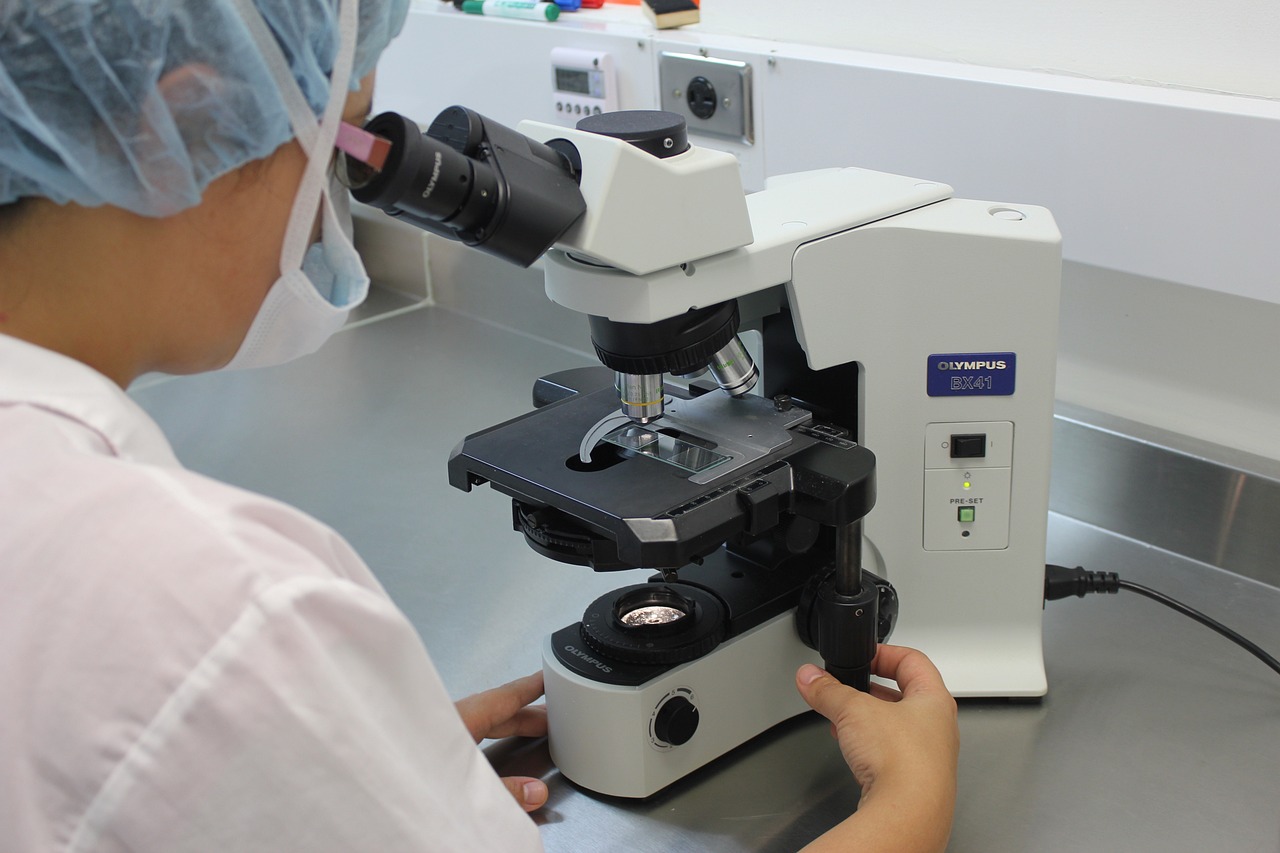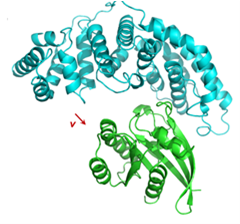
Skin cancer is not only the most common but also the fastest growing type of cancer.Continue reading

In a major national collaboration, ELTE (Eötvös Lóránd University) researchers have found small molecules that bind well, not to interfere with the basic mechanisms of cell division, but to restore a healthy state.
A significant proportion of cancers in humans are linked to changes in hereditary material, i.e. mutations in DNA. Over 600 carcinogenic mutations are currently known, perhaps the most important of which are mutations in the RAS protein, found in 30% of all human tumors, and are associated with the most difficult-to-treat human carcinomas (adenocarcinomas of the lung, colon, and pancreas).
Researchers have been trying to attach small molecules that inhibit mutant RAS proteins for about 30 years, but until recently with little success.
Recently, molecules have been found (ARS-853, ARS-1620) that bind covalently, i.e. very strongly, to the RAS protein, but most drug molecules (including antibiotics used today) do not bind covalently to the target molecule, making ARS molecules suboptimal drug candidates.
The ELTE PIT Bioinformatics Group, led by Professor Vince Grolmusz, has now proposed a revolutionary approach to cure cancers linked to mutations in the RAS protein. Mutations in RAS prevent the GAP protein from binding to the RAS molecule, giving way to unrestricted cell division and thus disease.
ELTE researchers therefore believe that molecules are needed to glue the RAS and GAP molecules together.
These can be found by looking for small good “glue” molecules between the RAS and GAP molecules that are positioned close enough together.

Photo via ELTE Kommunikáció
The figure above shows the artificially created RAS-GAP configuration in which researchers searched for and found good-bonding molecules in the gap between the two molecules, with the red v vector showing the artificially created shift.
ELTE researchers, in extensive collaboration with several national institutions (KINETO Lab, National Institute of Oncology, Semmelweis University, Budapest University of Technology and Economics, HUN-REN Institute of Molecular Life Sciences, and Uratim) have demonstrated that
the new approach can be used to find effective drug candidate molecules.
The description of the new molecules and the proof of their efficacy were recently published in the International Journal of Molecular Sciences.
Preliminary results show that the best two small “glue” molecules found using the new Hungarian method rival the best similar molecules found so far in the world. The researchers are confident that by continuing this work, they will find new drugs that are effective against the deadliest cancers with few side effects, since the method does not interfere with the basic mechanisms of cell division, as current chemotherapy interventions do, but restores physiological normality.
Featured image via Pixabay